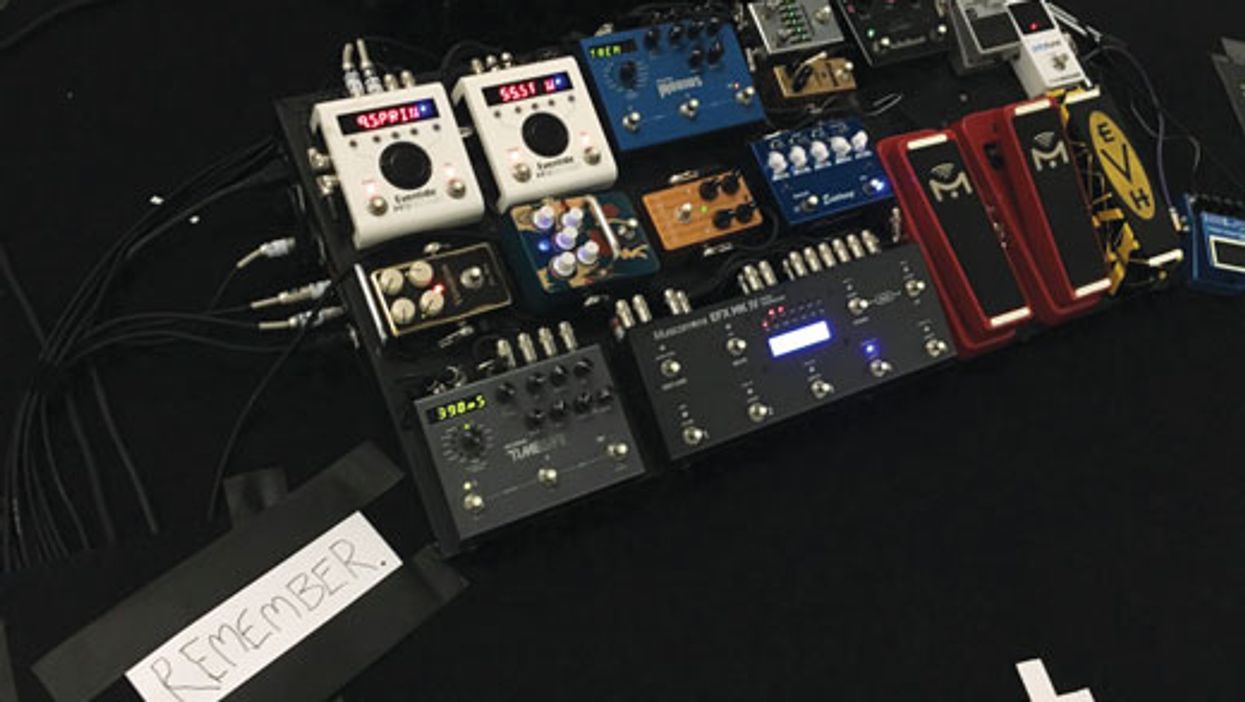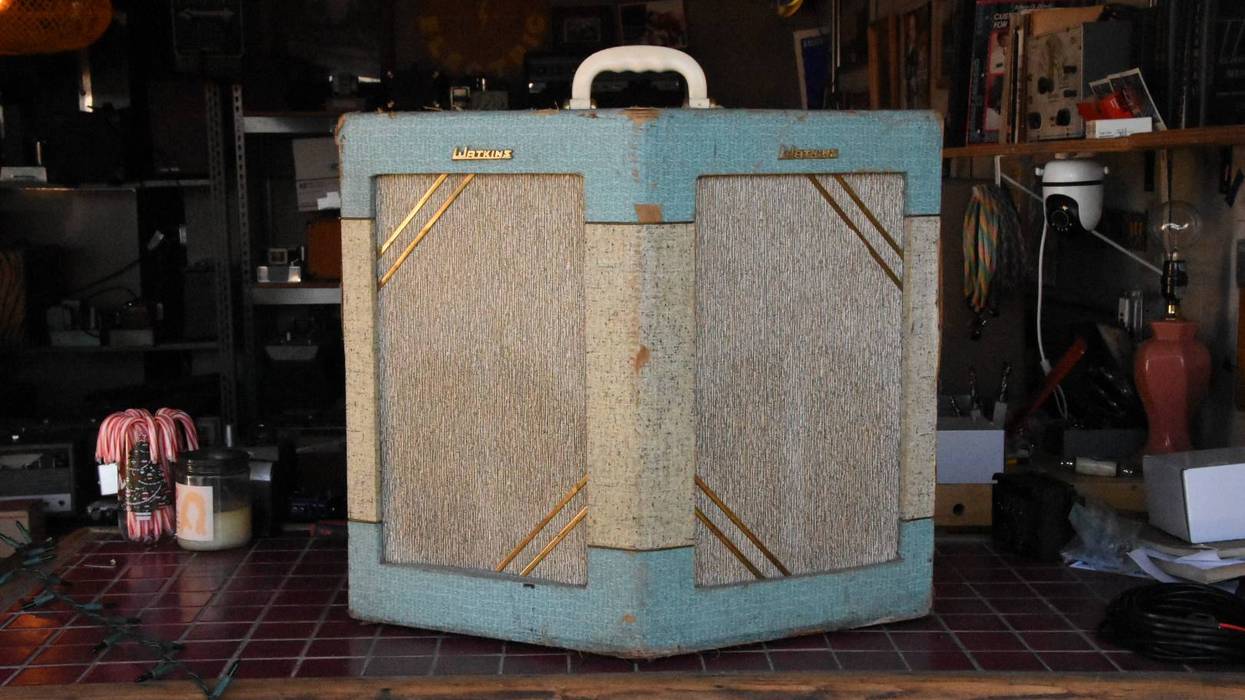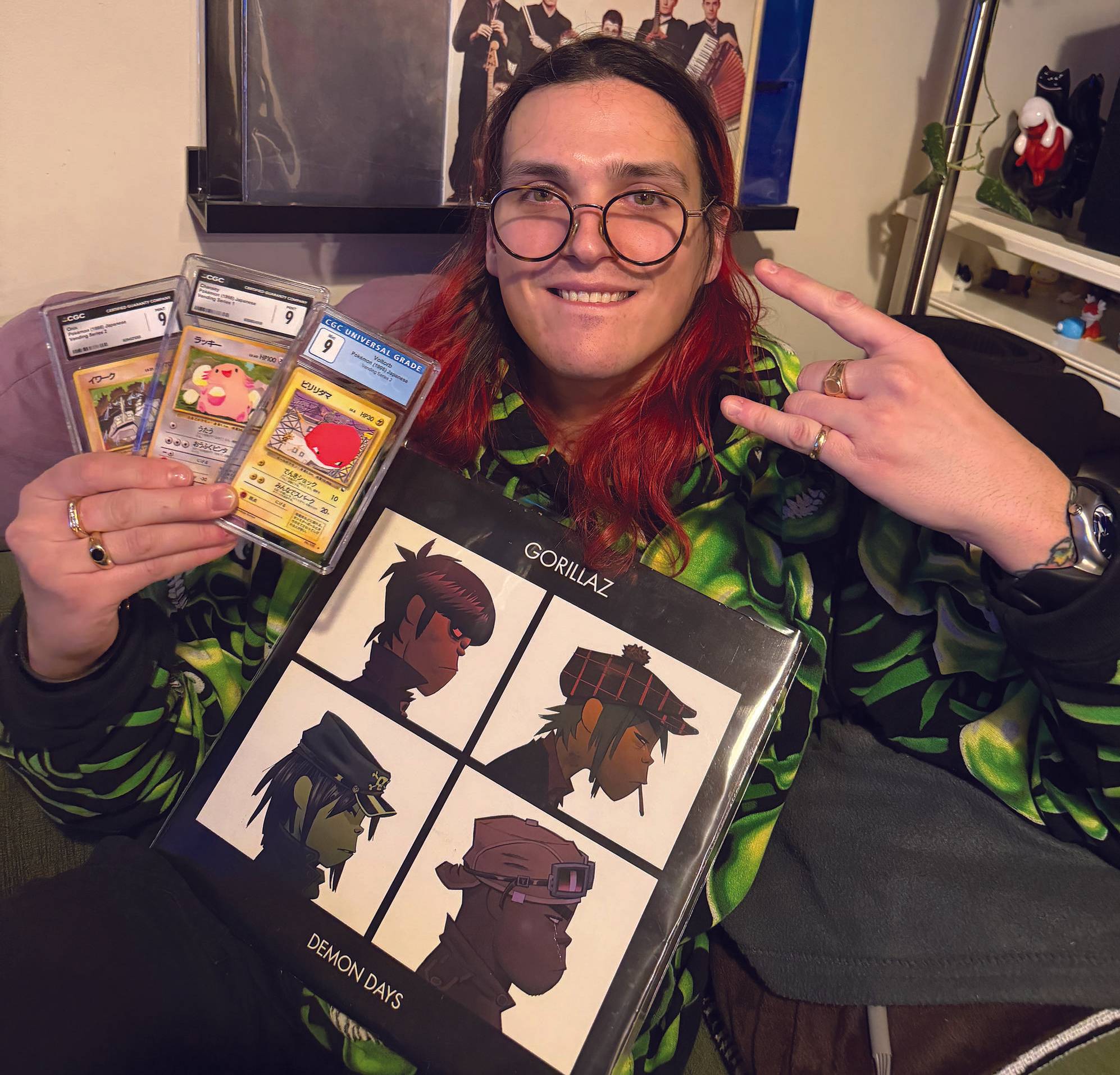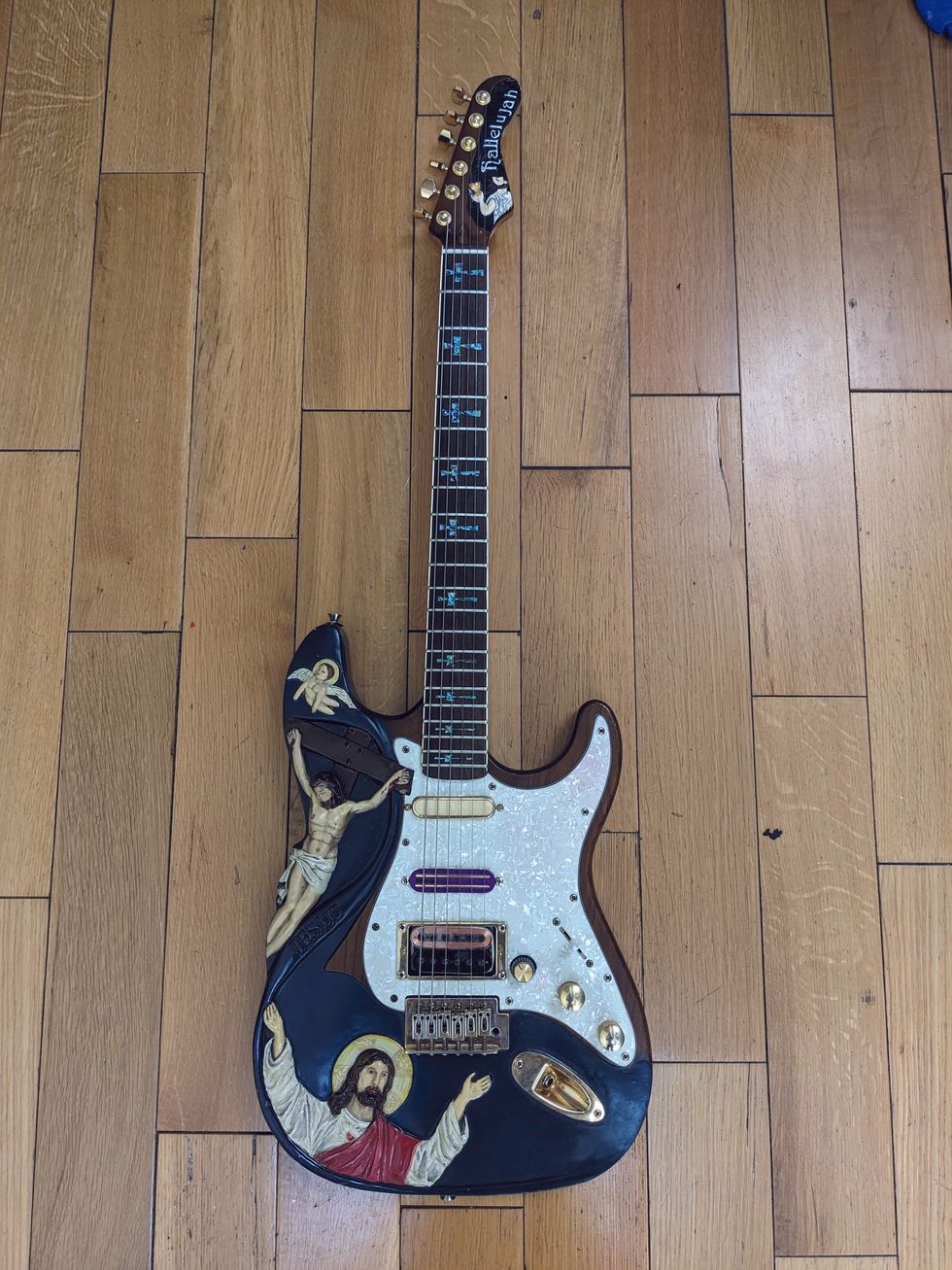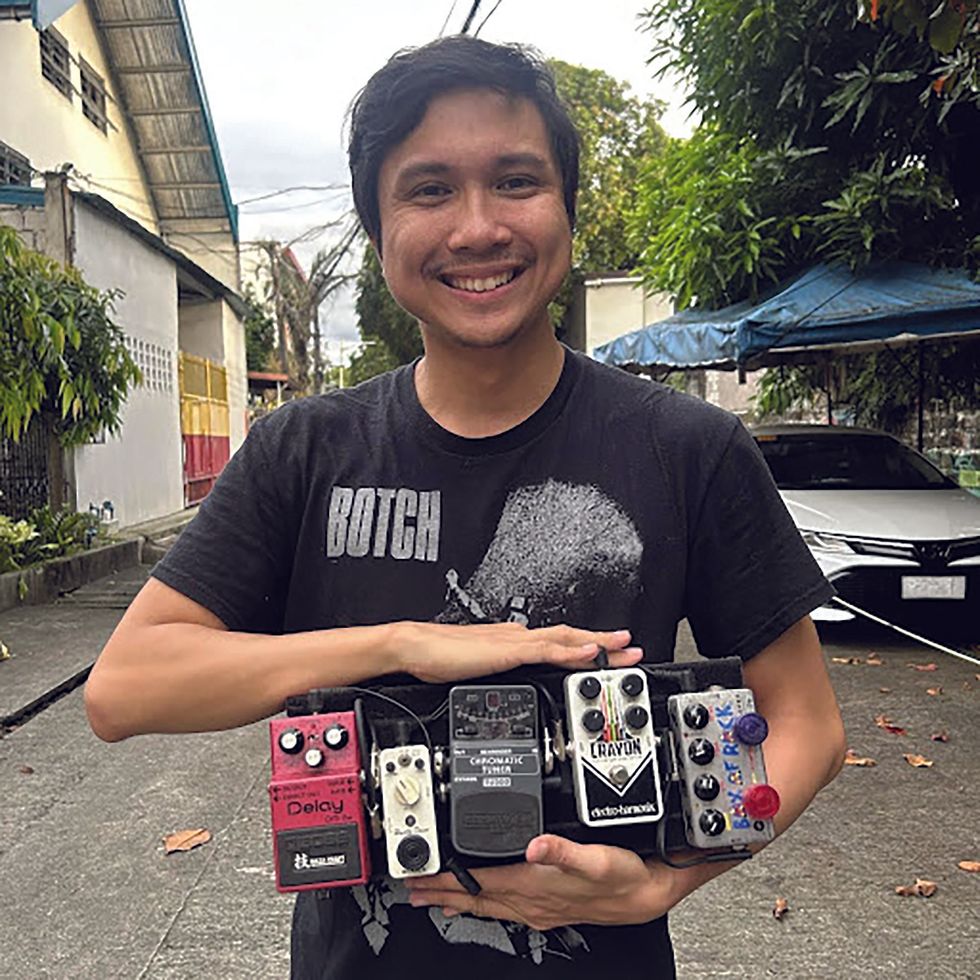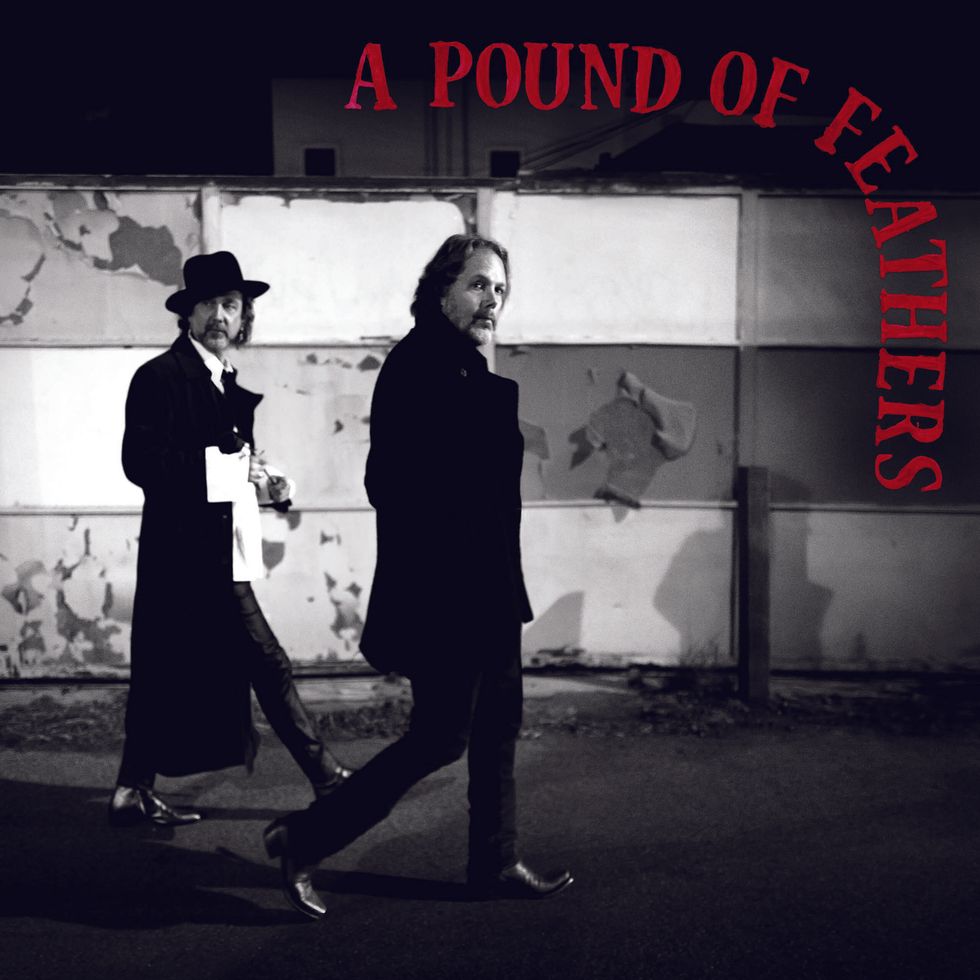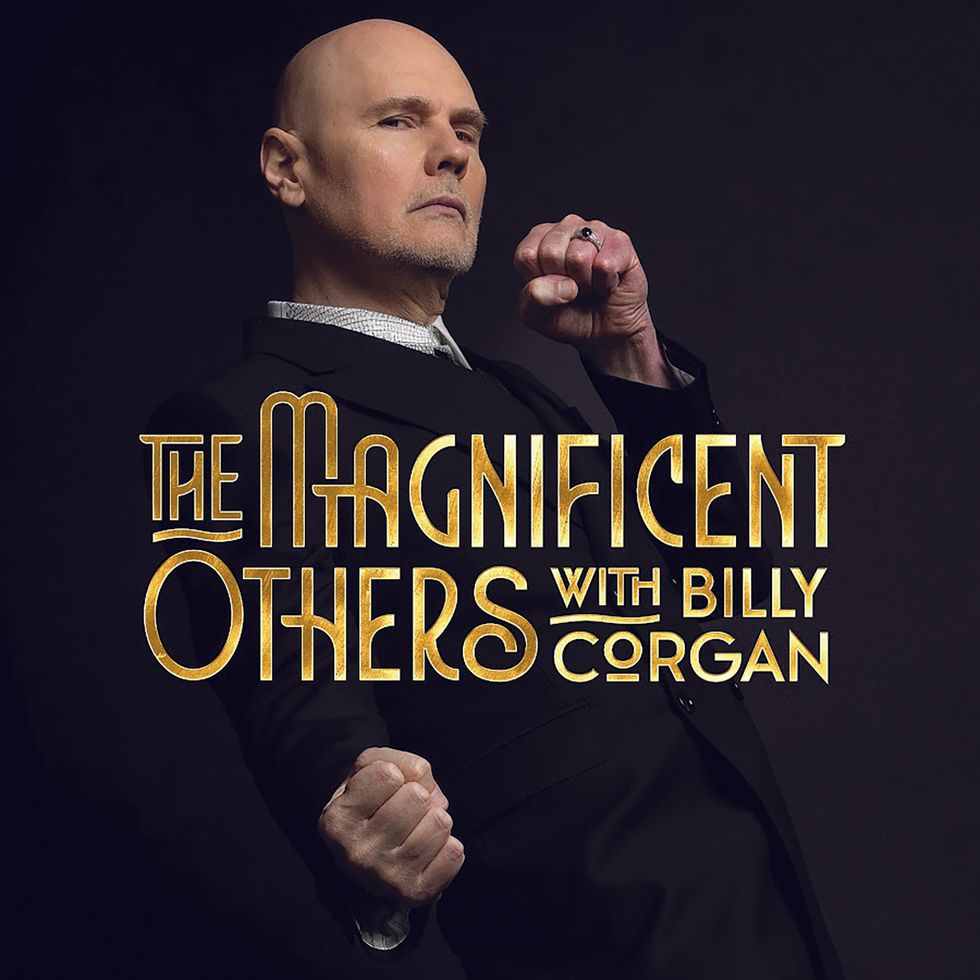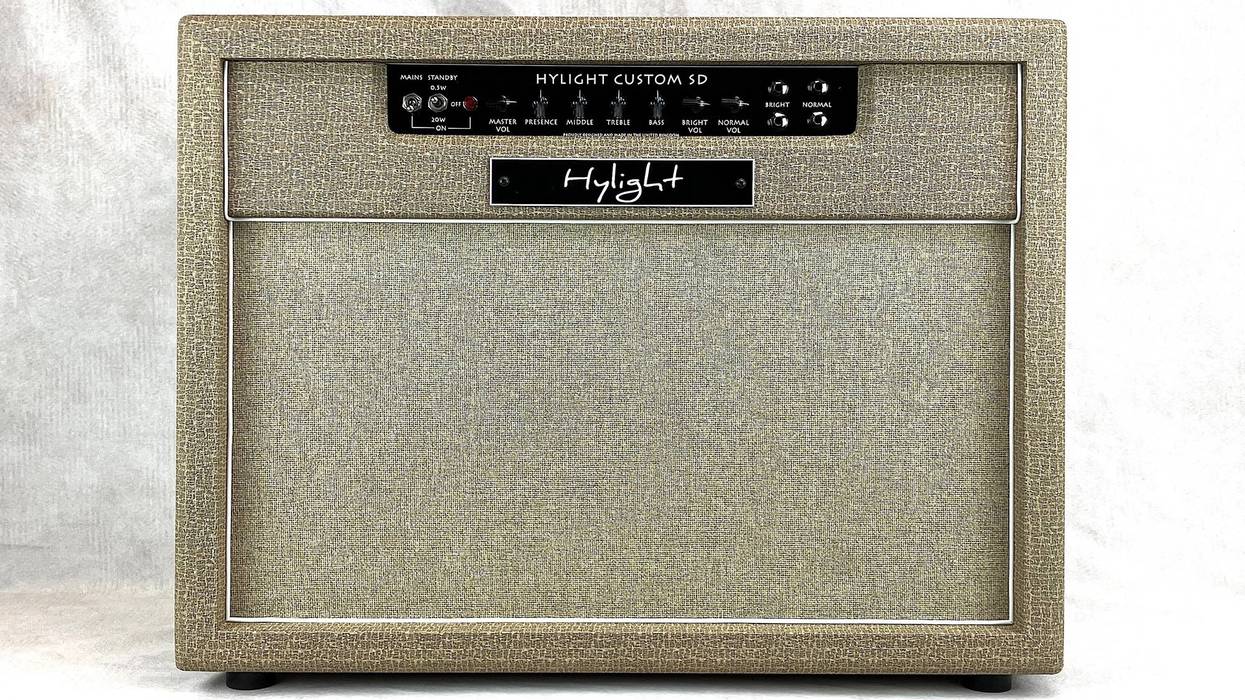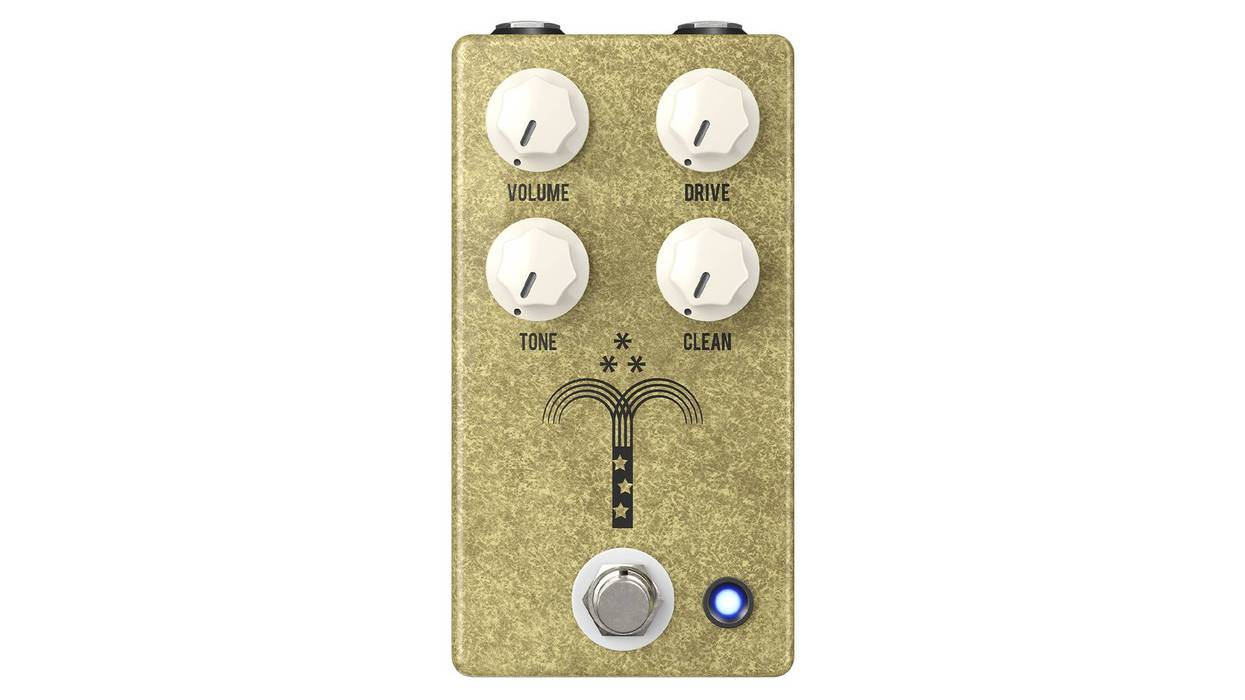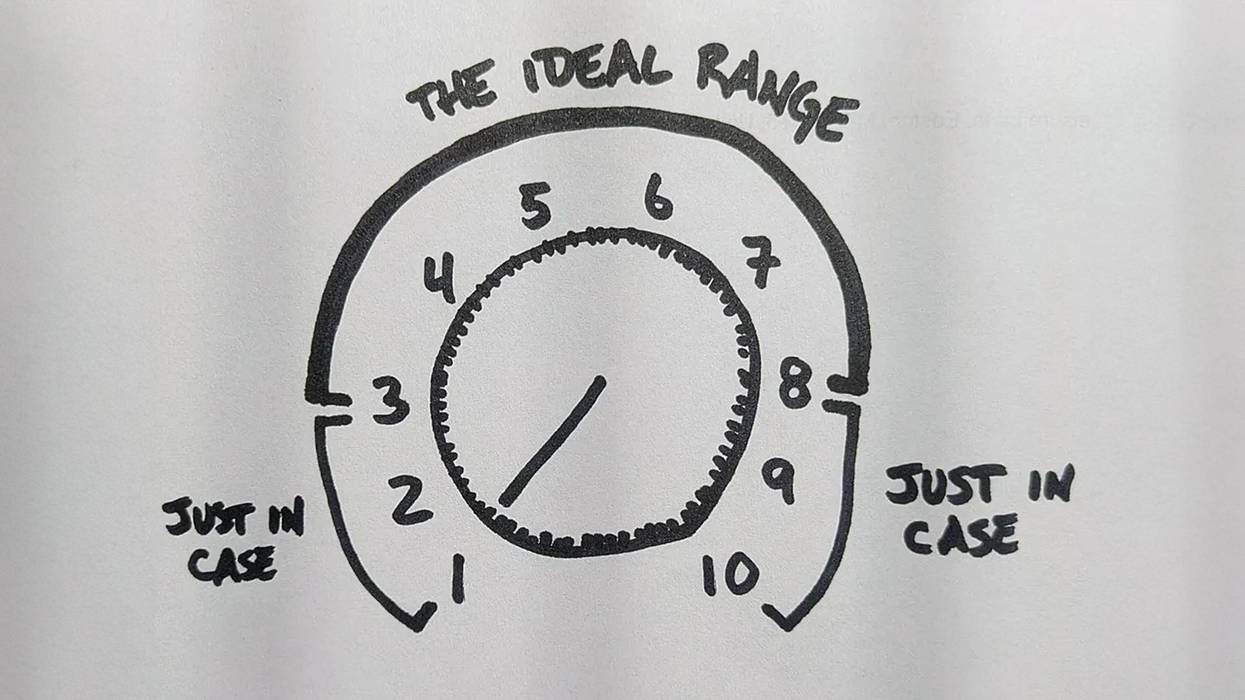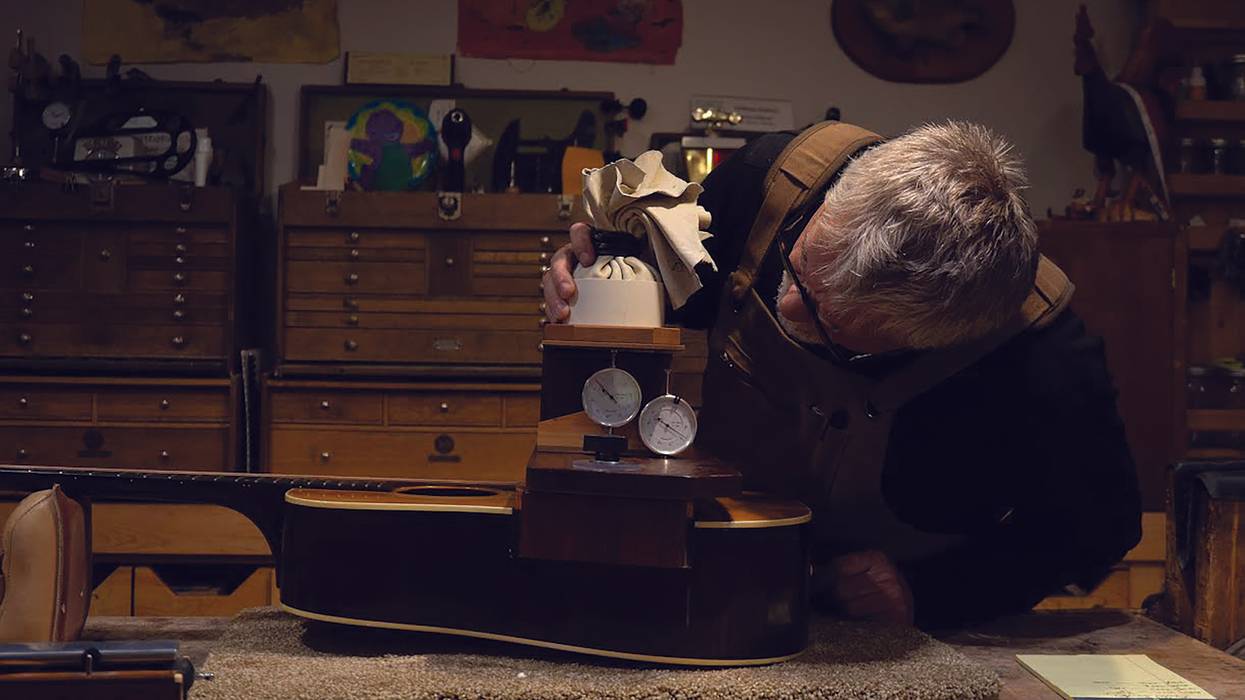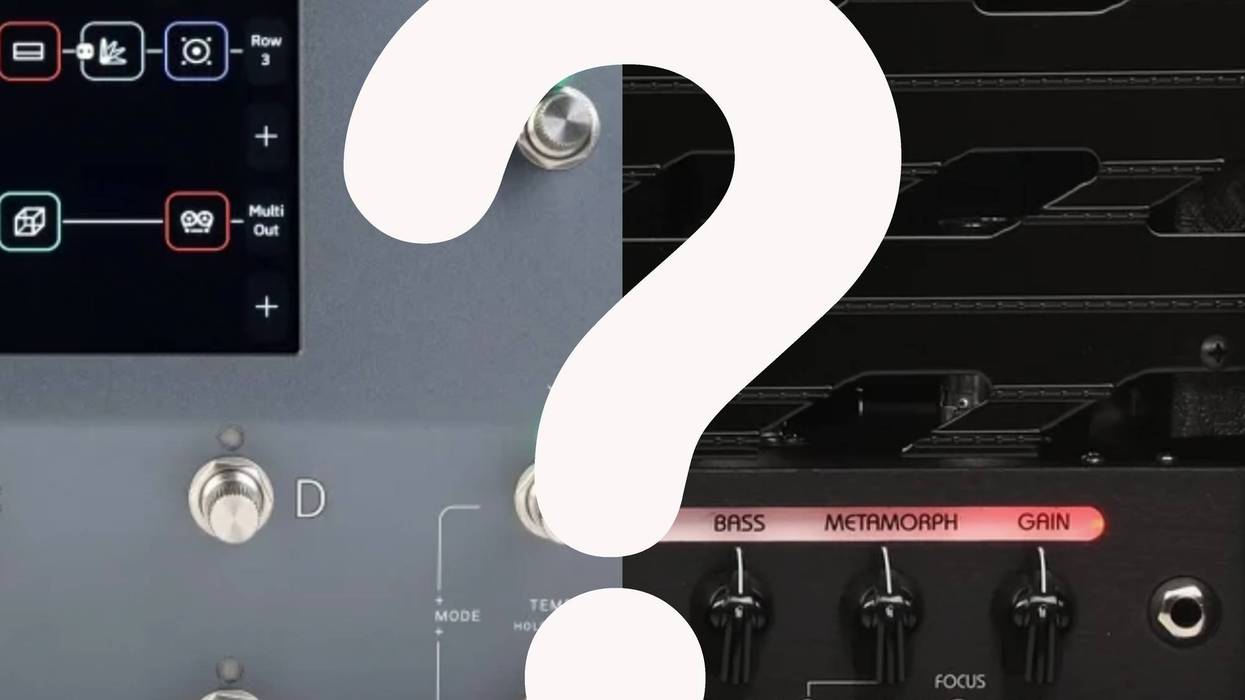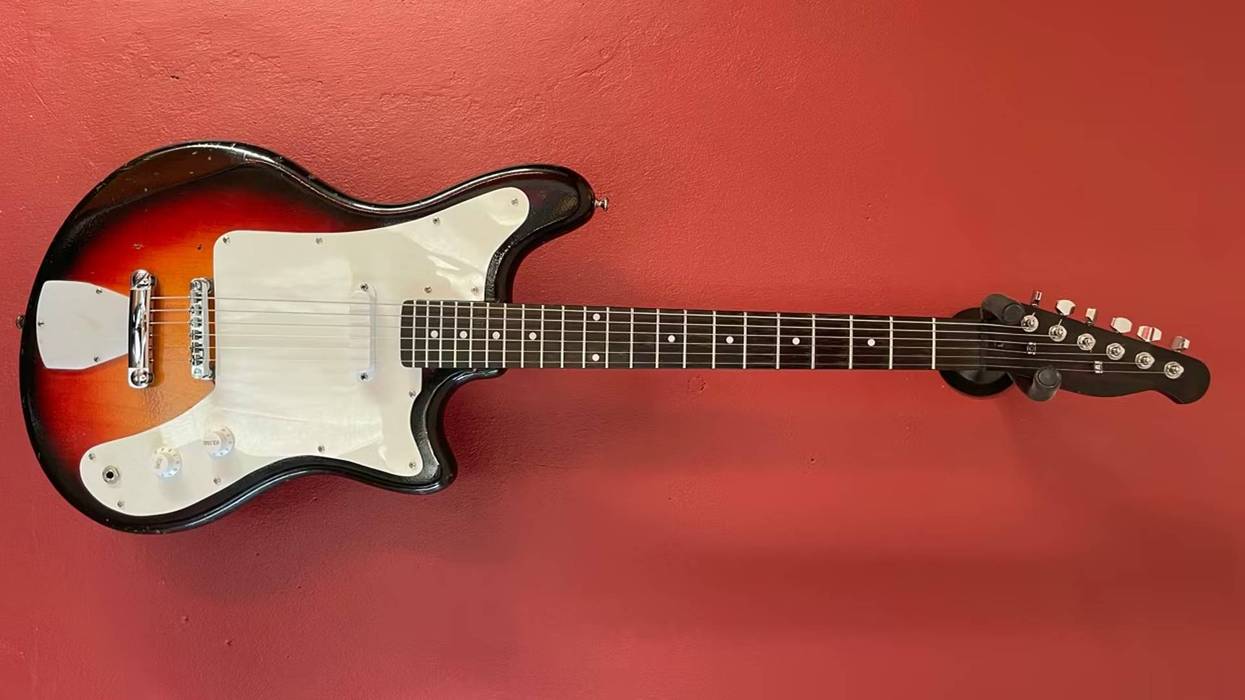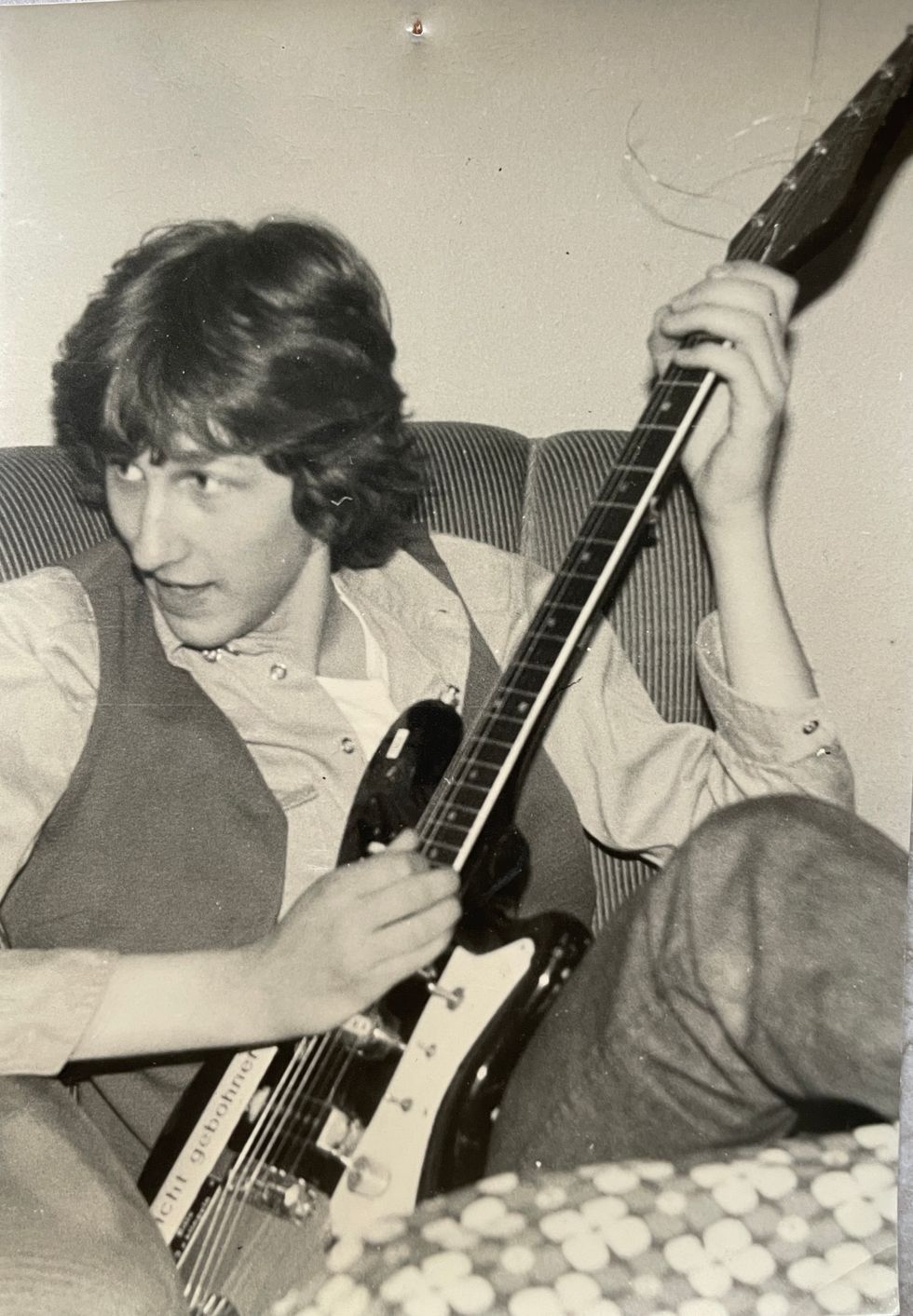Welcome to this month's Tone Tips. This is a hard one to write, since I'm still quite in shock over the passing of my friend and sometimes boss, Chris Cornell. It simply doesn't seem real that he is gone, but his tragic death has caused me to reflect daily on his music, his character, our relationship, and on many of the things I learned from him. He was such a thoughtful, insightful guy, and he always seemed to choose his words carefully. Consequently, many of the things he would say in passing—be it in person or via text or email—struck me as quite profound. Sometimes no words were necessary. I would simply learn through observing his actions. This month, I'd like to share a few of the things I learned from Chris.
The first is a simple and practical tip I have used to great effect. Sometime in 2007, we were performing on The Tonight Show with Jay Leno. We arrived early in the day for soundcheck, and as is often the case when performing on television, we had to come up with a slightly tweaked arrangement of the song we were playing to fit within a 3 1/2-minute time slot. (Chris had decided to cut one verse from the song.) I find it challenging to perform a different arrangement of a song I have played a certain way over and over again, because the “road map" of songs always gets ingrained in my mind. Add to that the increased tension and nervousness that can occur when performing on TV, and it can be a recipe for a colossal screw-up.
Chris told me that he would sometimes put a handwritten sign on the stage that contained just one word: “Remember." That one word was enough to trigger his memory, no matter what it was he needed to remember onstage. I thought it was brilliant, so after soundcheck I made a sign using a sharpie in bold letters and placed it beside my pedalboard. We performed the song and it went off without a hitch. After the show, Chris said, “I saw your sign, and it actually made me remember to drop the extra verse, too!" Sometimes you don't need a chart or teleprompter. All you need is one word. Try it!
Chris had a knack for surrounding himself with great people, and then would simply let them be themselves. I largely attribute this to his coming from the band world, where members had strong, individual personalities, yet would contribute to a chemistry that was unique. We had a lengthy discussion about Soundgarden once, and he expressed how he really loved and appreciated the individual personalities, quirks, and strengths of each member. Even though band dynamics can sometimes be challenging, Chris always felt it was worth it. In my experience touring in his solo band, he never micromanaged us and he always encouraged us to be ourselves. As a result—even though we were sidemen—I feel like we really had a great band-vibe that developed, which made our shows rewarding for both his fans and us.
I'll always be thankful for his approach to touring with a solo band and I can't stress enough how good the vibe was that came from the top down. Occasionally, Chris would ask us to change something when he wanted something specific—like a certain guitar tone or arrangement. In those cases, he was always clear and concise about what he wanted. Most of the time, however, he let us be ourselves.
I've personally been guilty of being somewhat of a control freak in the past, so I learned a great deal from observing his relatively hands-off approach. It encourages people to be the best versions of themselves they can be and, consequently, tends to make for more interesting, dynamic music. And it's certainly much less stressful than micromanaging every detail.
While writing this, a quick but powerful piece of Chris's advice came to mind. I remember him once reminiscing about having a phone conversation with Kurt Cobain. Kurt had been upset about something the record label wanted Nirvana to do, and Chris told him, “You know, you can say no, all day long." Sometimes, we all need to be reminded that it's okay to say no.
Chris was someone who always appreciated the important things in life. He never took people for granted and he never phoned it in. And he always appreciated that he could make a living playing music. Case in point: It was summer 2015 and I'd just arrived in Japan for the third time in six months. I sent Chris an email after arriving and said, “I just arrived in Kagoshima and went straight to an 8-hour rehearsal! I'm toasty!" His reply? “Hope you sleep well and wake up and enjoy your unusual life! We are lucky people." It was exactly what I needed to hear.
I'm going to leave it at that. It's still difficult to think about my friend. I will always miss him and my thoughts are with his family and all his friends who loved him so much. Until next month, PG readers, I wish you great tone.


